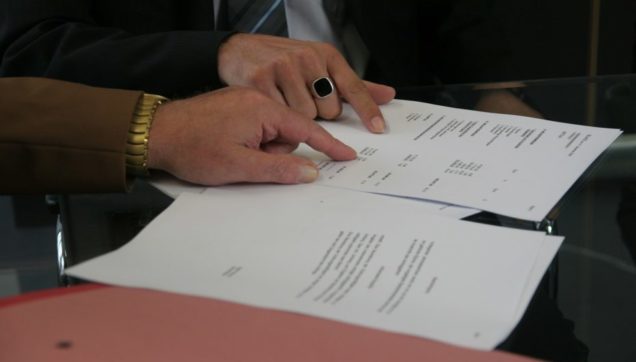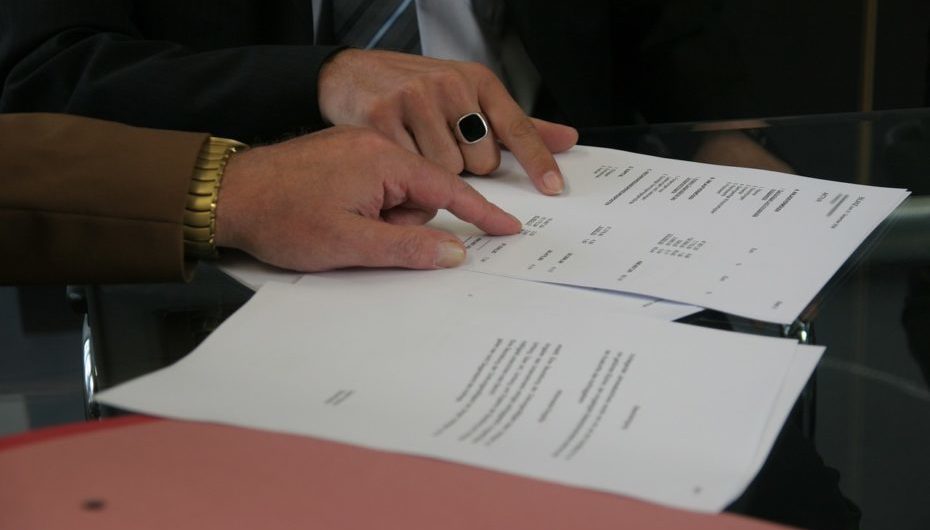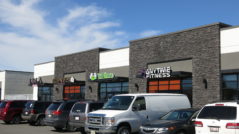A commercial office lease can be a complex document to navigate. There are many lease terms in a commercial lease agreement that can greatly impact on the tenant’s business. Of course, lease terms like operating expenses and rental rate are usually easy to understand. However, commercial office lease agreements can become very complex.
In this article, you will find out about some of the most important lease terms that you need to know before signing any contract with a commercial real estate broker or landlord.
Length of term
First, tenants need to have a long-term plan before they sign any contract or agreement. Businesses that are well-established prefer longer-term leases to help them plan for the future. High-growth companies or startups may prefer short-term leases to give them the flexibility to expand.
The term length needs to define rent renewal options and also “fair market rent” to allow for rent increases within the timeframe of the contract.
Useable square feet vs. rentable square feet
It is also important to know exactly what your rent covers in the lease agreement. If you are a tenant in a large office building, you will usually have to pay rentable square feet. The difference of useable square feet and rentable square feet is that the later include rent for common spaces like corridors, restrooms, the lobby, and elevators.
Other expenses to include in the rent agreement include:
- Janitorial services
- Utilities for communal services
- Tenant electricity costs
- Maintenance of HVAC units.
Right to leave
Every tenant needs to make sure that there is an exit strategy in the lease should they face challenges in the future. This could be cash-flow problems or the need to expand to larger premises. However, it can sometimes be difficult for a tenant to get a favorable exit strategy written into the lease, especially in a competitive market.
One clause that can benefit a tenant’s right to leave is subleasing. Some landlords allow the tenant to sublease the floor space to another tenant if they need to expand their business. However, most CRE leases still hold the original tenant to care for all the lease obligations.












